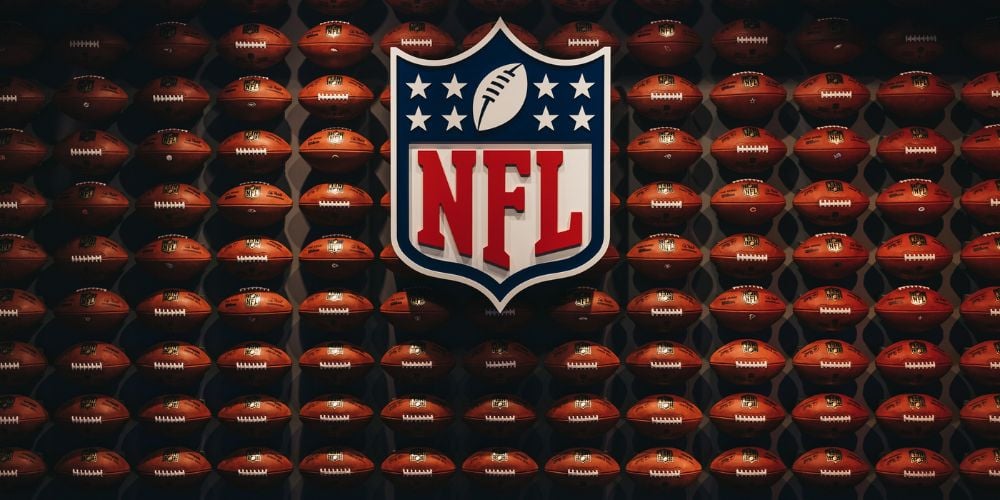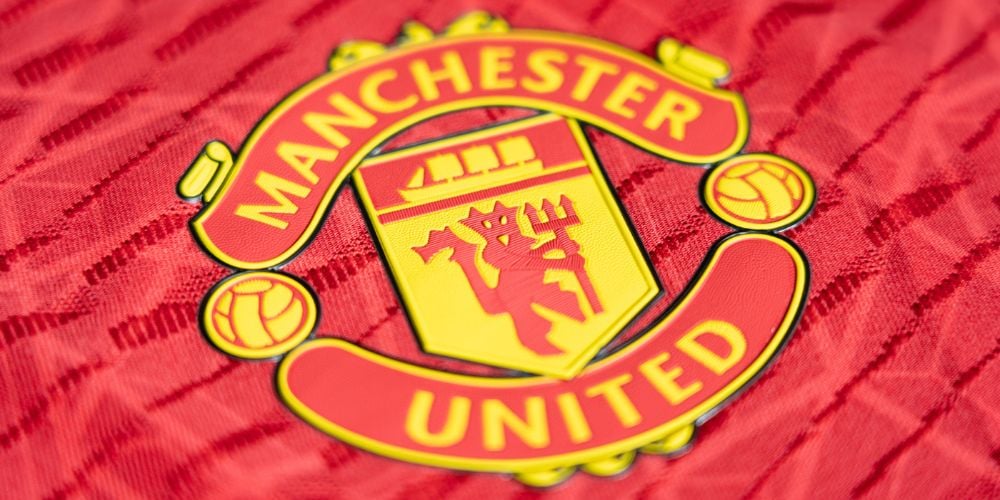The Glazers, prominent owners of Manchester United, have long been the subject of curiosity surrounding their immense wealth and the journey that led them to acquire one of the most revered football clubs in the world.
In this article, we delve into the fascinating story of the Glazers’ rise to riches, their early ventures in diverse industries, and the controversial leveraged buyout of Manchester United.
Join us as we explore the financial strategies, key investments, and enduring legacy of the Glazer family.
How Did the Glazers Make Their Money?
Early Ventures: From Watch Parts to Booming Businesses
The Glazers’ entrepreneurial journey began with modest roots. Their story originates from a small watch parts shop in the 1940s.
Joel Glazer’s father, Malcolm Glazer, saw an opportunity to expand and diversify their business interests.
They ventured into the food service equipment, packaging, and supplies industry, swiftly escalating their financial success.
Malcolm Glazer’s vision and business acumen enabled the family to expand their ventures beyond the traditional retail sector.
They made strategic investments in diverse industries such as marine protein, travel, broadcasting, and real estate.
These ventures, carefully chosen and nurtured, further solidified their financial standing and set the stage for their entry into the world of sports ownership.

Sports Ownership: The Glazers Enter the Limelight
The Glazer family’s foray into the realm of professional sports began with the acquisition of the Tampa Bay Buccaneers, a franchise in the National Football League (NFL), in 1995.
Their purchase of the Buccaneers marked a significant milestone in their journey to become sports moguls.
Under the Glazer family’s ownership, the Tampa Bay Buccaneers experienced a turnaround.
The team’s on-field success culminated in a Super Bowl victory in 2003, boosting the Glazers’ reputation as savvy sports owners.
The profitability of the Buccaneers highlighted the Glazers’ ability to navigate the complex sports industry and laid the foundation for their future endeavors.
In 2003, the Glazers executed a controversial leveraged buyout of Manchester United, one of the most renowned and celebrated football clubs in the world.
Leveraged buyouts involve financing acquisitions by taking on substantial amounts of debt, often secured by the assets of the acquired company itself.
Manchester United’s acquisition was no exception. The Glazers strategically financed the purchase through loans and high-interest payments, shouldering a substantial debt burden that drew considerable criticism from fans and financial experts alike.
This debt-fueled acquisition fueled concerns about the club’s future financial stability.
Financial Strategies: Profiting from the People’s Game
The Glazers’ financial strategies after acquiring Manchester United revolved around maximizing profits from their ownership of the club.
One significant aspect was the club’s ability to generate revenue through various channels, both domestically and internationally.
The Glazers focused on growing Manchester United’s commercial revenue streams, including sponsorship deals, merchandising, and broadcast rights.
By effectively monetizing the global popularity of the club, the Glazers successfully maximized profitability, despite the club’s substantial debts.
Their business approach led to immense financial success for the Glazer family. The value of Manchester United as a brand skyrocketed during their ownership, which resulted in increased revenue and overall valuation of the club.
However, this financial approach drew fierce criticism from football fans who believed that the Glazers prioritized profits over the success and investment in the team itself.
Protests and opposition to the Glazers’ ownership have been a persistent feature of Manchester United fan culture.
The Glazers’ Net Worth: Unveiling Their Billion-Dollar Empire
Estimating the Glazer family’s true net worth is a challenging task due to the complexity of their business holdings and investments. However, it is widely acknowledged that the family’s wealth is in the billions.
Their vast fortune stems not only from their ownership of Manchester United but also from their significant real estate investments and other diverse business ventures outside of sports.
The Glazers own a substantial real estate portfolio, with properties in both the United States and the United Kingdom.
Additionally, their ventures in industries such as travel, broadcasting, and food service equipment have contributed to their immense wealth.

The Glazers’ Legacy and Impact
The Glazers’ impact on Manchester United, both financially and culturally, cannot be understated.
While their ownership has been financially successful, it has also been a subject of controversy and discontent among certain sections of the club’s fan base.
Critics argue that the Glazers’ focus on profitability has not necessarily translated into on-pitch success.
The club’s performance, particularly in the post-Sir Alex Ferguson era, has been a constant source of debate.
However, it is undeniable that Manchester United has retained its status as one of the world’s biggest football clubs under the Glazers’ stewardship.
The Glazers’ ownership has been characterized by protests and opposition from fans, with certain groups even campaigning for a change in ownership.
However, the financial success achieved under the Glazers’ ownership cannot be dismissed.
The club’s commercial revenue streams and global brand recognition have significantly contributed to the Glazers’ wealth and overall empire.
Frequently Asked Questions
How did the Glazers initially accumulate their wealth?
The Glazers began their entrepreneurial journey with a small watch parts shop in the 1940s. Over time, they diversified their business interests, making strategic investments in industries such as food service equipment, packaging, marine protein, travel, broadcasting, and real estate.
These ventures, carefully chosen and nurtured, enabled the Glazers to accumulate significant wealth and lay the foundation for their future business endeavors.
What were some key investments that contributed to the Glazers’ wealth?
Apart from their ownership of Manchester United and the Tampa Bay Buccaneers, the Glazers have made influential investments in various industries. Notably, their ventures in real estate, both in the United States and the United Kingdom, have been significant contributors to their wealth.
Additionally, their investments in diverse sectors, such as travel, broadcasting, and food service equipment, have also played a role in their financial success.
How did the Glazers maximize profitability after acquiring Manchester United?
After acquiring Manchester United through a leveraged buyout, the Glazers focused on growing the club’s commercial revenue streams. They successfully monetized the global popularity of the club through sponsorship deals, merchandising, and broadcast rights.
By effectively capitalizing on Manchester United’s brand recognition, the Glazers were able to maximize profitability, despite the substantial debt burden resulting from the leveraged buyout.
How has the Glazers’ ownership of Manchester United impacted their wealth?
The Glazers’ ownership of Manchester United has had a profound impact on their wealth. The club’s global brand recognition and commercial success under their stewardship have significantly increased its overall value. This increase in valuation, combined with the Glazers’ ventures in real estate and other industries, has contributed to the growth of their wealth.
However, it is worth noting that their ownership has also led to controversy and opposition from certain sections of the fan base, highlighting the complexities of their financial success.
Conclusion
The Glazers’ journey to vast wealth and the acquisition of Manchester United is a testament to their keen business acumen and ability to navigate complex financial landscapes.
While their ownership of Manchester United has been mired in controversy, the Glazers’ financial strategies and investments have undoubtedly propelled their rise to billionaire status.
Although their legacy remains a subject of debate among football fans, the Glazers’ impact on the financial landscape of Manchester United and their ability to optimize commercial opportunities cannot be overlooked.


 Tags:
Tags:










